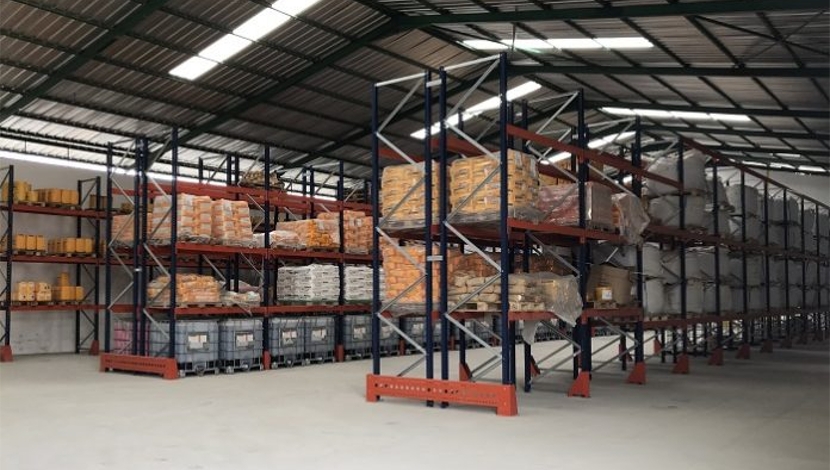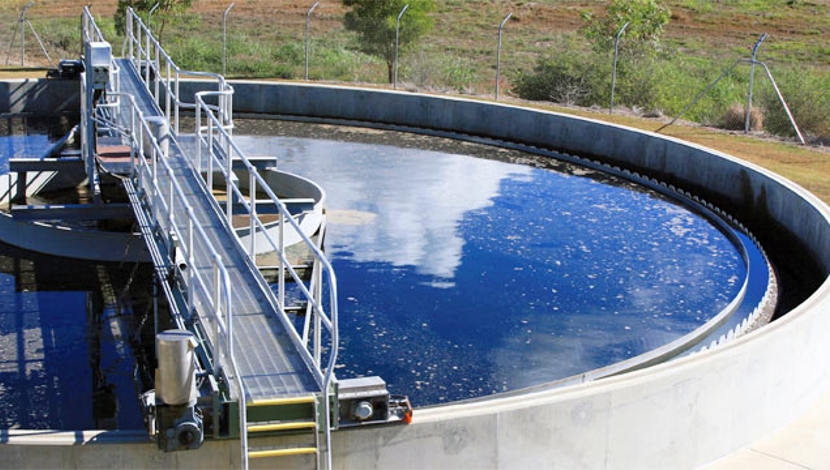
Construction group Basil Read on Friday reported that it had returned to profit, but CEO Neville Nicolau also noted that cash was tight, and that there were concerns about finding replacement contracts for the St Helena Airport job.
The first commercial flight to the island was expected in February next year.
Nicolau, former Anglo American Platinum head, has led Basil Read for a year.
He said Basil Read showed a R41.6-million net profit for the six months ended June 30, compared with a R198-million loss in the same period last year.
The loss for the six months ended December 31 amounted to R820.1-million. Turnover for the six months ended June 30 was down from R3.1-billion to R2.9-billion, with the order book also down, from R12.4-billion, to R10.1-billion.
Nicolau said the group was able to deliver “improved results in a challenging environment”. Also, while the order book and turnover had decreased, it was still “better than the forecast”.
The company’s internal organisational restructure had cut overheads from R600-million to R280-million.
Several noncore businesses have also been, or were being sold, such as Basil Read Energy, and others closed, such as engineering subsidiary Matomo.
Of the group’s six businesses, two showed a profit, namely St Helena and Mining. Pipelines, Civils and Plant, Buildings and Developments, and Roads all showed operating losses.
Despite this, Nicolau was positive that the group could reach its targeted profit after tax of R160-million for the full financial year, as well as achieve turnover of R5-billion.
Nicolau noted that Basil Read was 48% black-owned, with the industry transformation charter currently under discussion proposing black ownership of between 30% and 40%.
By Basil Read’s next rating, the company would upgrade from a level two contributor to a level one contributor.
Nicolau said transformation in the construction industry “would be difficult” without the emergence of a large black company. He added that there was a lack of communication between government, the traditional construction industry and the emerging construction industry.





